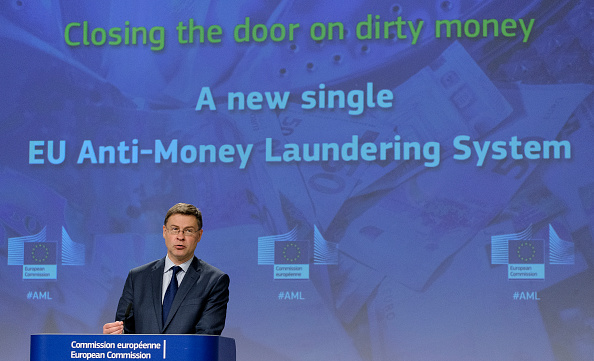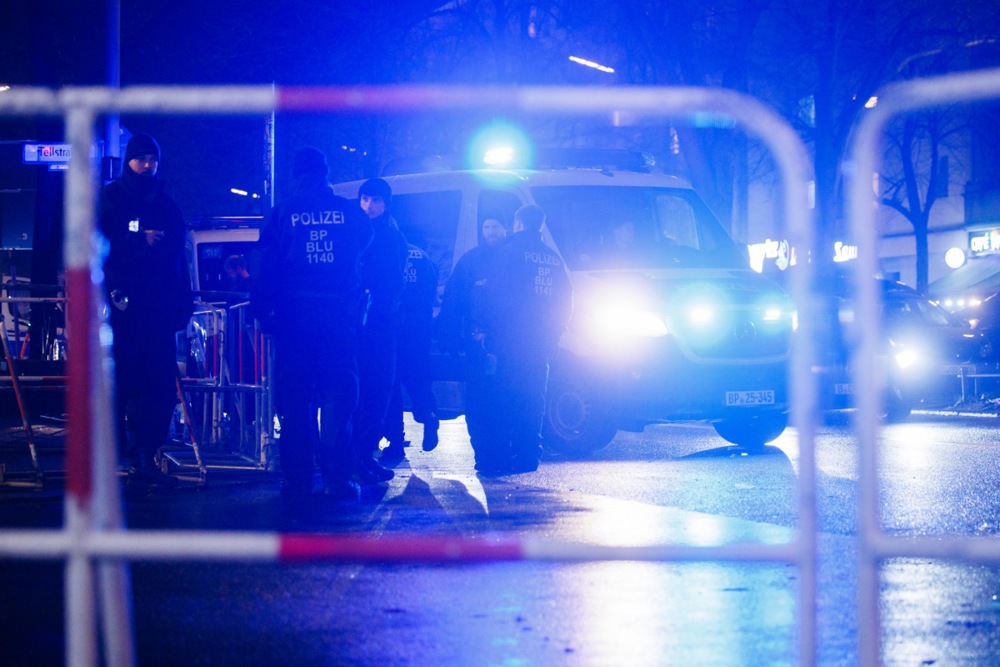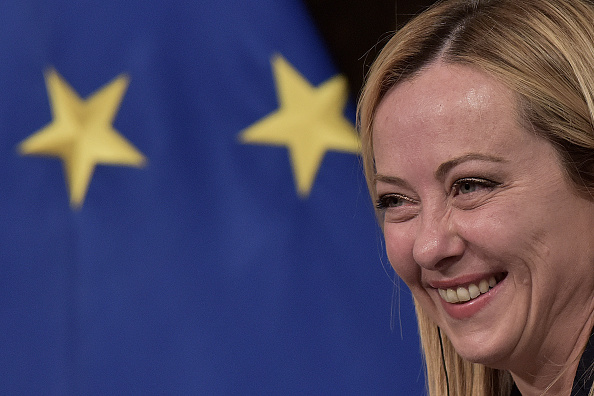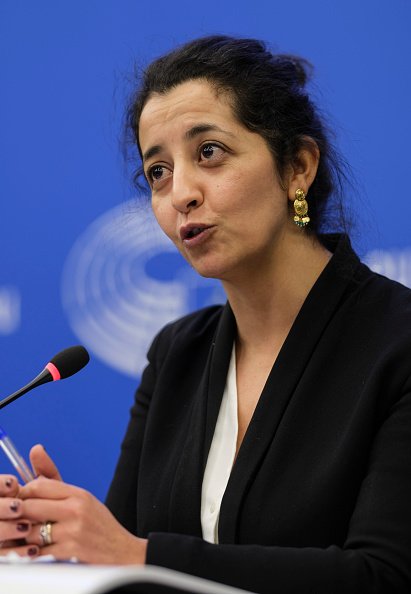The European Union reached a deal to free-up air-traffic reform ahead of a projected second summer of air-traffic controlllers’ strikes.
Still, the arrangement remains “some way off” a workable plan for passengers, airlines and the environment, air travel experts told Brussels Signal.
EU Member States have opposed tabled changes for around a decade, usually suspecting them to be a power-grab by Brussels of their national airspaces.
The European Council and European Parliament reached a deal March 6 – but not one that will cut delays or increase air capacity, say those familiar with the subject.
Achim Baumann, policy director for Airlines For Europe (A4E), an aircraft industry group representing 70 per cent of those in the European air-traffic sector, said the changes to an EU regulation body, called the Single European Sky, “either dilute any reforms or result in an outcome that is worse than the current situation”.
The deal is a “compromise for the sake of compromise”, he said, that “will only satisfy the negotiators without delivering a true reform”.
Olivier Jankovec, Director-General of the Airports Council International Europe, agreed saying the deal represented “a considerable watering down of the initial proposal put forward by the European Commission”.
Bauman said the compromise has resulted in an “impotent” performance-review body, the oversight mechanism for EU aviation, which the European Commission only treats as an “advisory” body”.
It should, he said, be “fully independent” and have the “power to regulate and enforce reforms on capacity, costs, and environment”.
The agreement as is gives it “limited scope” and “does little to change [the] status quo”.
Member States will, though, have more chance to influence it and so “reduce the chance of actual improvements”, Bauman added.
Montserrat Barriga, European Regions Airline Association chief, said the deal reached by the Council and Parliament was “disappointing” and represented a “missed opportunity”.
Irish airline Ryanair’s chief executive Michael O’Leary had previously branded the Single European Sky initiative a “massive waste of time”.
He said the European Commission instead should focus on protecting airlines’ ability to fly over a country even if that country’s air-traffic controllers were on strike.
There were 67 days of strikes by air-traffic controllers across Europe in 2023, according to Ryanair.
Strikes affecting air travel have not stopped, either.
Ground staff in most German airports walked out over March 4 to 6, leading to the cancellation off around 80-90 per cent of flights.
Other air-traffic controllers such as those in Verona’s Villafranca airport, for instance, plan to strike. In the Italian airport case the strike action is scheduled over March 22 to 23.
Such actions are financially costly and also have a negative environmental impact, according Dutch carbon specialist and lawyer Jos Cozijnsen.
“In 2019, delays alone cost the EU €6 billion and led to 11.6 megaton extra CO2 emissions,” he said.
Aviation experts are sceptical about whether the EU’s latest deal will address either the cost or the carbon-emission issues.
“Let’s not fool ourselves,” said Jankovec, in relation to any quick solutions.
Single European Skies 2 “will not deliver the kind of step-change needed in reducing air-traffic management fragmentation, improving the passenger experience and, above all, curbing avoidable carbon emissions,” he stated.





